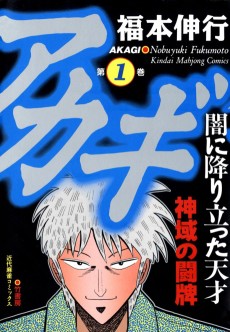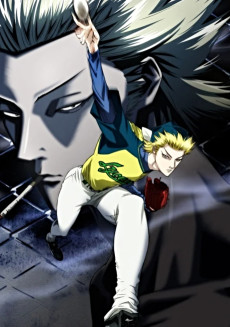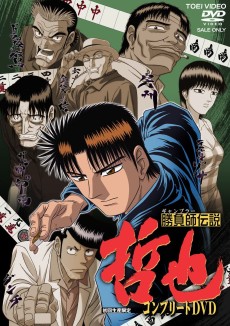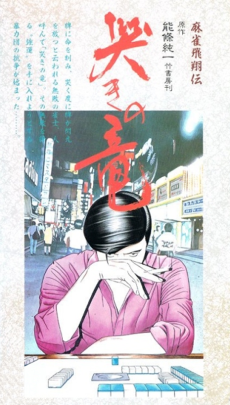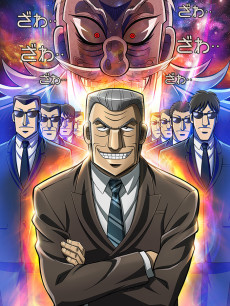TOUHAI DENSETSU AKAGI: YAMI NI MAIORITA TENSAI
STATUS
COMPLETE
EPISODES
26
RELEASE
March 28, 2006
LENGTH
23 min
DESCRIPTION
While mahjong is a game that is often played with family and friends, it is also a game that is played in the darkest corners of society. Nangou is a compulsive gambler who has accumulated a debt of over three million yen. In a last-ditch attempt to clear his record, he decides to wager his life on a game of mahjong with the mafia. Unfortunately, as the game progresses, Nangou only moves further from the prize and closer to death.
When all hope seems lost, the game parlor is suddenly intruded upon by Shigeru Akagi, a young boy on the run from the police. Desperate to turn the game around, Nangou hands the game over to Akagi after teaching him a few of the rules. The mafia can only smirk as Akagi sits down to play. However, they soon come to learn that Akagi is a natural-born gambler. An imposing figure who does not fear death. One who is destined to become a legend.
(Source: MAL Rewrite)
CAST
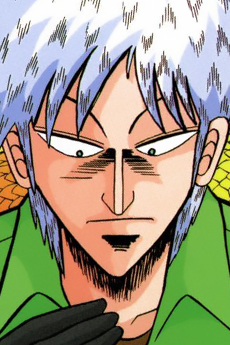
Shigeru Akagi
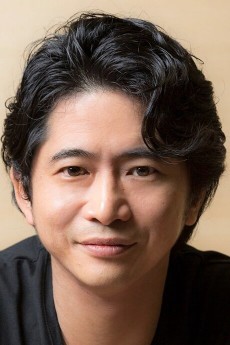
Masato Hagiwara

Narrator
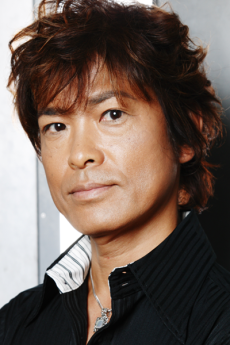
Tooru Furuya

Iwao Washizu
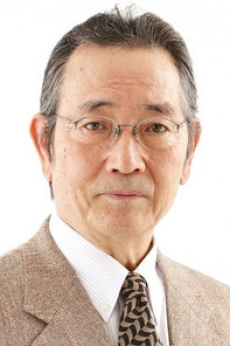
Masane Tsukayama

Yukio Hirayama
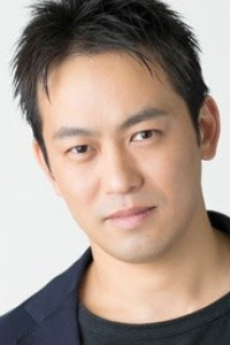
Ginpei Satou

Osamu Nozaki
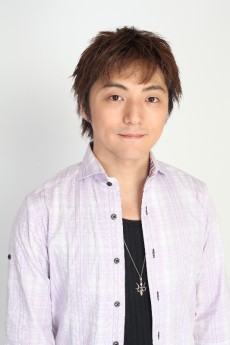
Yuudai Satou

Ichikawa
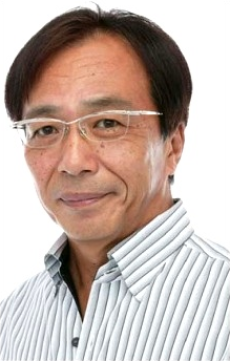
Hideyuki Tanaka
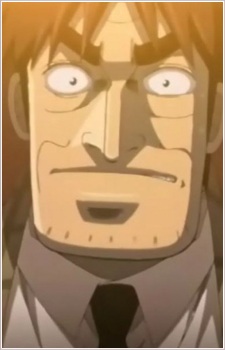
Yasuoka
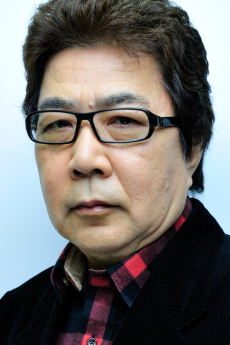
Tesshou Genda

Urabe
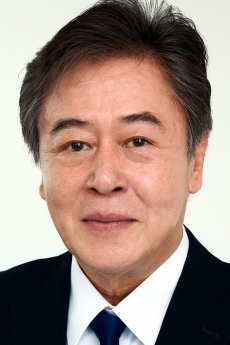
Morio Kazama

Keiji Yagi
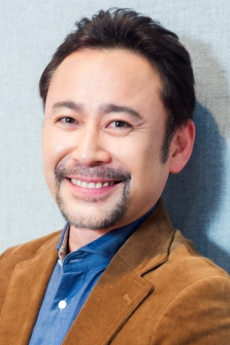
Wataru Takagi
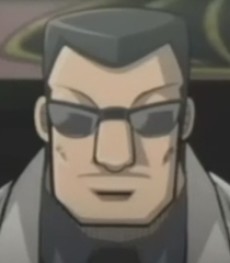
Suzuki
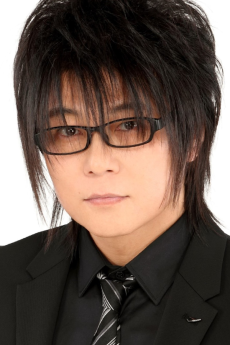
Toshiyuki Morikawa
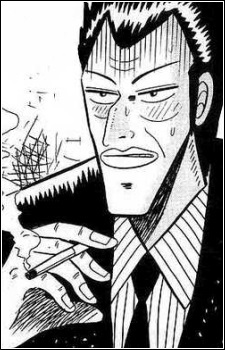
Ryuuzaki
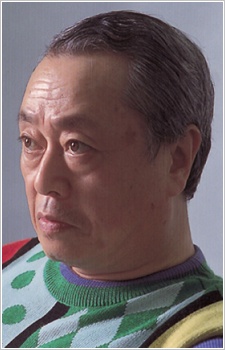
Kouji Nakata

Nangou
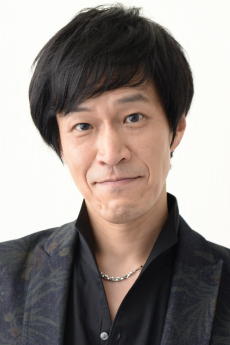
Rikiya Koyama
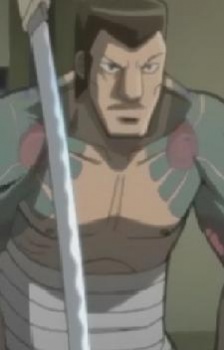
Yamanaka
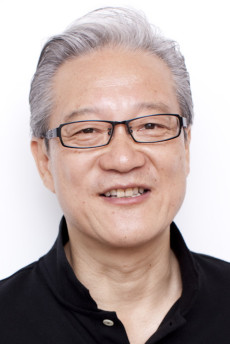
Houchuu Ootsuka
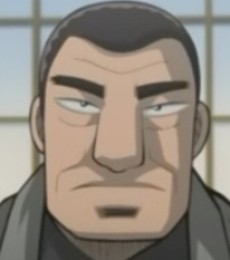
Takeshi Ohgi
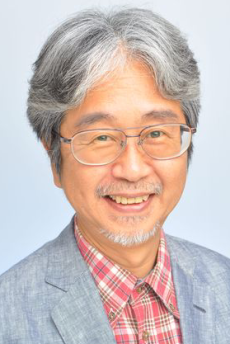
Issei Futamata
EPISODES
Dubbed
RELATED TO TOUHAI DENSETSU AKAGI: YAMI NI MAIORITA TENSAI
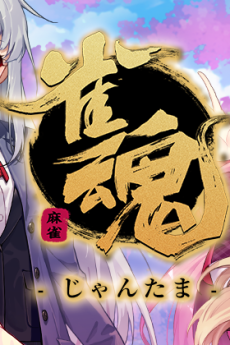 SPECIAL FantasyJongtama PV
SPECIAL FantasyJongtama PVREVIEWS

Raesak
75/100Akagi takes his time in becoming an underground Mahjong legend. The essence of the gamble is not for everyoneContinue on AniListI’ll divide the review in 2 parts, first without spoilers, then with some spoilers.
Akagi talks about a genius kid disillusioned with life which stumbles in the underground Mahjong scene. High profile Yakuza matches are the only things that can bring him to feel alive, going so close to death.
Akagi is a genius but he’s as much brilliant as he is completely insane: this is clear to the viewer within a minute of this character’s first appearance.
That’s not someone you can easily relate to, not on that level at least, but he is interesting at least for how unusual he is. I don’t think this anime is for everyone, I’m going to say it now. That isn’t because it is dedicated to Mahjong, but because most people probably cannot stand Akagi as a person and that’s okay. The good thing is, you’ll probably decide if you like him or not in the first two episodes at most.also let’s address this elephant in the room. The art style.  If you don’t get killed by their nose, you’ll get used to it.
If you don’t get killed by their nose, you’ll get used to it.It’s not “pretty”, but I think that’s fine, it gives personality to the characters, it’s bold and hard, like the world and the events it portraits and that’s all there really is to say on that. I wouldn’t say this anime is about mahjong as much as it is about the twisted gambling of Akagi, but yes, they play a lot of mahjong, so knowing a bit of the rules does help follow. This doesn’t mean you need to know mahjong to follow the anime. If something cool happens, don’t worry, they will let you know. Same goes for things that are improbable or crazy, this anime makes it a point to let you know that whatever they’re throwing on the table is the stuff.
Now, I’d like to talk a bit more freely, I’m not going to spoil major stuff and I’m not going to make names, but you know, if you want to watch this anime knowing nothing more than the synopsis that’s cool, I’ll tell you in a moment where to stop. Do I suggest this anime to you? For sure, just watch a few episodes, see if you’re hooked and then come back here and let me know what you think. If you want to read a bit ahead, I honestly think that what I’m going to say isn’t going to influence much your enjoyment of this show, in any case, warning for spoilers in 3,2,1…

First of all, I must admit, it is a weakness of mine, I actually like overpowered characters. If in a story I see someone that is so far ahead of everyone else that it isn’t even funny, I’ll probably like them, wanted to get this out of the way so you know I’m a bit biased.
This anime honestly can and will lose the thrill for some people when you realize that Akagi doesn’t lose. That’s part of the fun of it, and is basically the premise of the show, but still, some parts would hit a bit harder. If you played Mahjong any amount of time you would know that winning as much as Akagi is so improbable that it’s laughable. Also there is no way that you become as good as he does in the first night of playing ever. But if you can stomach the premise that Akagi is that strong, you might just enjoy that and this anime might have something to teach you.
Akagi isn’t just strong because he wins. Akagi is strong because he has an extreme personality, and what I like about this anime is that his opponents are very strong personalities too. Akagi uses his knowledge, intuition and acuity to completely break people. The Mahjong is really the background, the mental battle is what’s really up in this show.
And that’s why Akagi cannot lose. He is the personification of the gambler. This series will often ridicule players that play by logic and probability, because it wants to be really clear that the reality of the Akagi universe isn’t about that. It’s about the essence of the gamble.The essence of a gamble is to die a meaningless death

Throwing away everything is the only way to be free of its weight. Sometimes this anime is right, in both good and bad interpretations of this way of thinking.
You shouldn’t gamble, because it can lead to your demise and it makes, on a risk reward level, no sense. But if you do play some gambling high stakes game, like Mahjong, you’re going to lose if you make the consequences weigh on you. Playing recklessly, isn’t right, but this is not what Akagi does. What Akagi does do, is pick difficult choices as if they were the most natural thing to do. Because they are, you just can’t see that if you put the wrong weight on what’s in front of you.With this attitude, Akagi will go on and become an underground Mahjong legend and … well yes actually the anime just ends like that, in the middle of an high stakes match. That’s kind of underwhelming but still, I don’t think it’s too bad. Without really talking about the fact they really couldn’t wait the 12 years that the manga took to end the high stakes match I was talking about. This anime already told you what it is about, and I think it culminates and at that point, it’s better it just cut off without dragging along too much.
If you’re interested in a show that talks about Mahjong you really don’t have much choice, there is this one and then there’s Saki, which really isn’t comparable. Even so, I think Akagi would stand on its feet anyway, given the masterful building of tension and the unique personality of Akagi. This show made a lot of people start playing Mahjong, which tells us two things: The first is that a lot of people watched and enjoyed this show without knowing how to play, and the second is that it made Mahjong feel actually epic without using special effects or moves, just expert staging of the games and a lot of character.
I’m sure not everyone will enjoy this anime, that being for the art, for the characters, for the mahjong. But I do think almost anyone could enjoy, there isn’t a demographic that I’d just exclude, so I suggest giving it a try!
kempokid
74/100A tense battle of the minds that's fun to watch even without knowing how to play MahjongContinue on AniListAfter having watched and adored both seasons of Kaiji, I thought it only natural to almost immediately jump into Akagi, which at a glance seemed basically like Kaiji but Mahjong. Now there was one problem with this and admittedly, it's still a problem, that being, I have absolutely no idea how to play Mahjong and every time I've tried to learn it, I just feel my brain leaking out of my ears instead, it's just not a game I have the patience to sit down and properly learn, at least not at this point in time. Funnily enough, this show ended up being one that was highly enjoyable for the most part even without the knowledge of how the game it all focuses on is actually played, which is certainly something I both found to be a positive and negative for its own reasons. When watching this, it was undeniable how much Fukumoto's writing style could be pretty easily seen and interchanged between this and Kaiji, being something that certainly could have felt almost like a spinoff.
That said, as it goes on, it becomes clear that there are numerous clear differences between the two series that end up that end up separating them in some huge ways. I appreciate this for the way it plays into the stylistic cohesion between the writer's works while also demonstrating just how much can be done with it, keeping a lot of that same personality and simply having it branch out into something else that's almost equally as great. The biggest way in which this is conveyed is through the titular character himself and the way he manages to completely flip the tone you'd expect on its head while remaining incredibly tense at every moment, once again with every miniscule decision and movement feeling truly gargantuan in impact. This is due to the way Akagi is framed as this imposing force who takes pleasure in completely destroying people and their hopes, rather than the driven yet desperate nature of Kaiji. With this alone, it immediately creates a very different dynamic throughout, one that's further reinforced by the way the show is written. Rather than showing our protagonist repeatedly scraping past by the skin of his teeth, with a lot of the tension coming from the impossibly high stakes and genuine chance of total failure, the dynamic here is more akin to two total mad geniuses battling against one another, constantly outdoing one another in terms of the convoluted, insane strategies brought to the table. Focusing on these elements from the plot ultimately makes a lot of the tension fall onto what these strategies end up being and seeing how Akagi manages to one-up them, as opposed to wondering whether he'll even make it through in the first place. This gives a similar yet very distinct vibe that ends up being fun to watch for entirely different reasons, with it being impossible to tell exactly what will happen despite knowing who’s going to win in the end.
What makes this even more impressive in some ways is the fact that I had genuinely no idea what was happening for most of the Mahjong games, it was nonetheless very engaging the whole way through, representing the ability to create some enthralling tension that transcends the game that’s played itself. It’s further helped by the ever-present narrator, but with this comes the problem with Akagi’s storytelling that makes it far less engaging compared to a lot of Kaiji. When the narrator is having to explain this one game for all 26 episodes of a show and what is happening with every decision, it rapidly hits a point in which it becomes repetitive, retreading the same concepts ad nauseum because there are only so many ways much of the game can actually be explained, with the more novel elements always coming from those huge twists that centre around some insane strategy. This causes the series to become a rather uneven watch in general, often with parts that feel like clear-cut lulls in the story where very little actually happens, and while they’re definitely somewhat balanced by these aforementioned highlights, I cannot entirely get behind the show in a few places because of this.
Akagi also falls into the exact same pitfall as the 2nd season of Kaiji, where the final encounter of it takes an agonisingly long time, in this case with 10 of the episodes being completely dedicated to one match, which limits a lot of the variety that can be brought to the table through characters, as those that appear at the start of this arc are around to stay until the end. I feel this is made all the worse by the fact that in this case, we’re not even given a mildly satisfying conclusion, instead having the season end halfway through this big arc, not even giving a payoff to the previous 10 episodes of this. If there was a season 2 to this, I’d feel differently about the decision to end it here, but as it stands, it’s essentially 10 episodes of build up to a climactic moment that never appears. Despite these complaints however, there’s a lot to love here nonetheless, and for those who enjoy a series based around tension and/or playing games, this is definitely something you should watch, as long as you prepare yourself for not getting a satisfying conclusion to this without reading the manga.
SIMILAR ANIMES YOU MAY LIKE
 ANIME PsychologicalGyakkyou Burai Kaiji: Ultimate Survivor
ANIME PsychologicalGyakkyou Burai Kaiji: Ultimate Survivor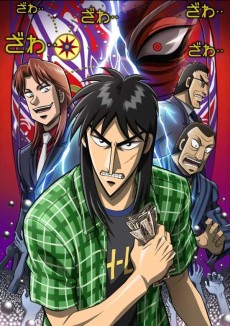 ANIME PsychologicalGyakkyou Burai Kaiji: Hakairoku-hen
ANIME PsychologicalGyakkyou Burai Kaiji: Hakairoku-hen ANIME ComedyHikaru no Go
ANIME ComedyHikaru no Go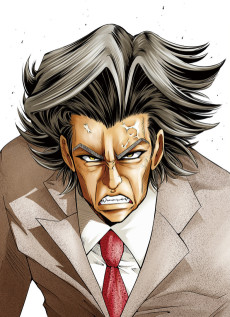 OVA ComedyMudazumo Naki Kaikaku
OVA ComedyMudazumo Naki Kaikaku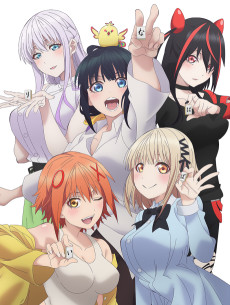 ANIME Slice of LifePon no Michi
ANIME Slice of LifePon no Michi
SCORE
- (3.85/5)
MORE INFO
Ended inMarch 28, 2006
Main Studio MADHOUSE
Trending Level 1
Favorited by 636 Users

